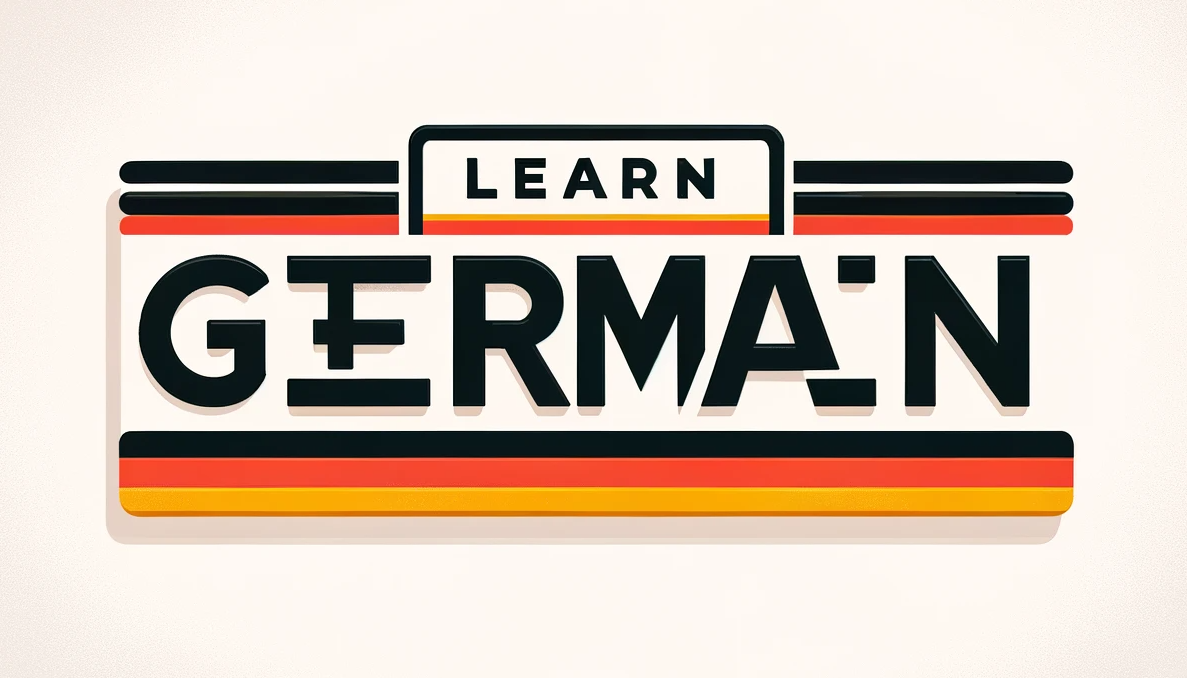1. Deutsche Welle (DW): DW offers a vast array of learning materials, including videos, exercises, and transcripts suitable for all levels from A1 to C. They also provide interesting video series like “Nico’s Weg” and “Jojo sucht das Glück” which are tailored for different proficiency levels. You can access these resources on their website Deutsche Welle.
2. Deutsch-lernen.com: This site is great for learners of all levels, offering formal classes, exercises, grammar handouts, and unique resources like German jokes and an online travel guide. Visit Deutsch-lernen.com for more information.
3. DeutschAkademie: With over 20,000 German grammar and vocabulary exercises and 800-hour interactive online courses, DeutschAkademie is a comprehensive resource for learners. They also offer a free audio course which can be accessed at DeutschAkademie.
4. Duolingo: A well-known language learning platform, Duolingo provides a gamified learning experience that makes studying German engaging and fun. You can learn at your own pace and earn rewards for completing lessons. Check it out at Duolingo.
5. Deutsch-Uni Online (DUO): This web portal covers language, culture, and even subject-specific skills. It’s particularly useful for those seeking to learn business German. Find more at Deutsch-Uni Online.
6. The German Project: This website is especially designed for beginners, featuring 15 audio lessons that cover basic German phrases, numbers, and common verbs. They also offer German children’s stories for an immersive learning experience. Visit The German Project for these resources.
7. Goethe-Institute: The Goethe-Institute provides a range of free media to help practice German, including apps, videos, podcasts, and games. They also offer exercises and resources for specific contexts like work, education, and everyday life in Germany. Explore their offerings at Goethe-Institute.
8. Lingoda: Although not entirely free, Lingoda offers online classes with native German teachers. It’s a great option if you’re looking for more structured learning with professional guidance. For more details, visit Lingoda.
9. Udemy: Udemy hosts a variety of German courses, usually for a fee. However, they sometimes offer free or discounted courses. These are pre-recorded and cover a range of topics, ideal for self-paced learning. Check out the courses at Udemy.
Combining these resources with regular practice and immersion (such as listening to German music, watching German films, and trying to speak with native speakers) can significantly enhance your learning experience. Remember, consistency and a diverse approach are key to effectively learning a new language.







